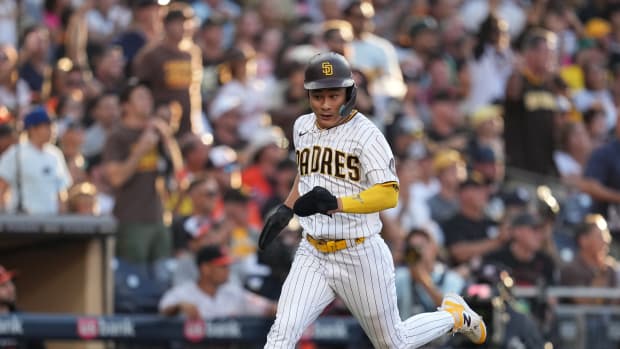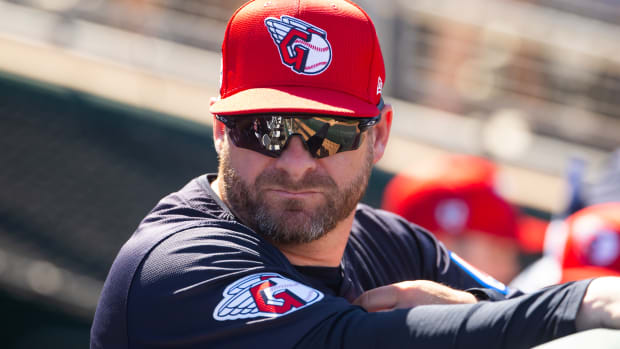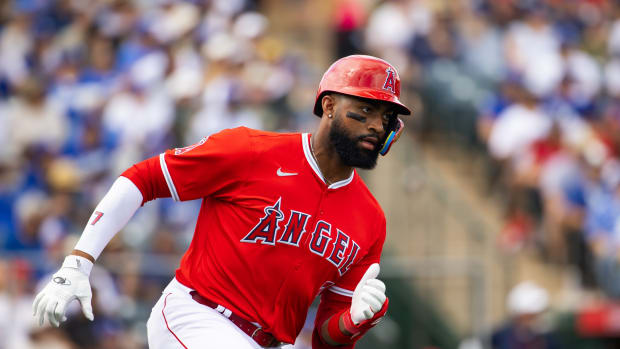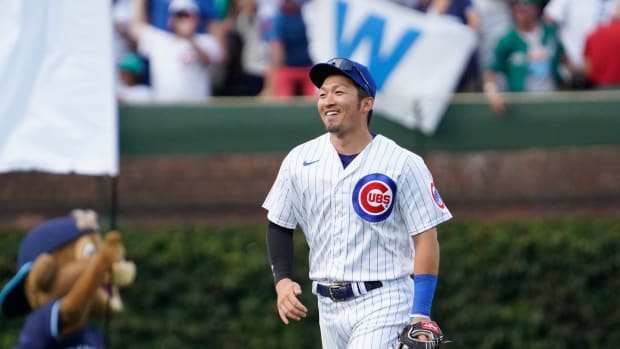The 2018 Boston Red Sox Showed Us the Art of Winning by Losing
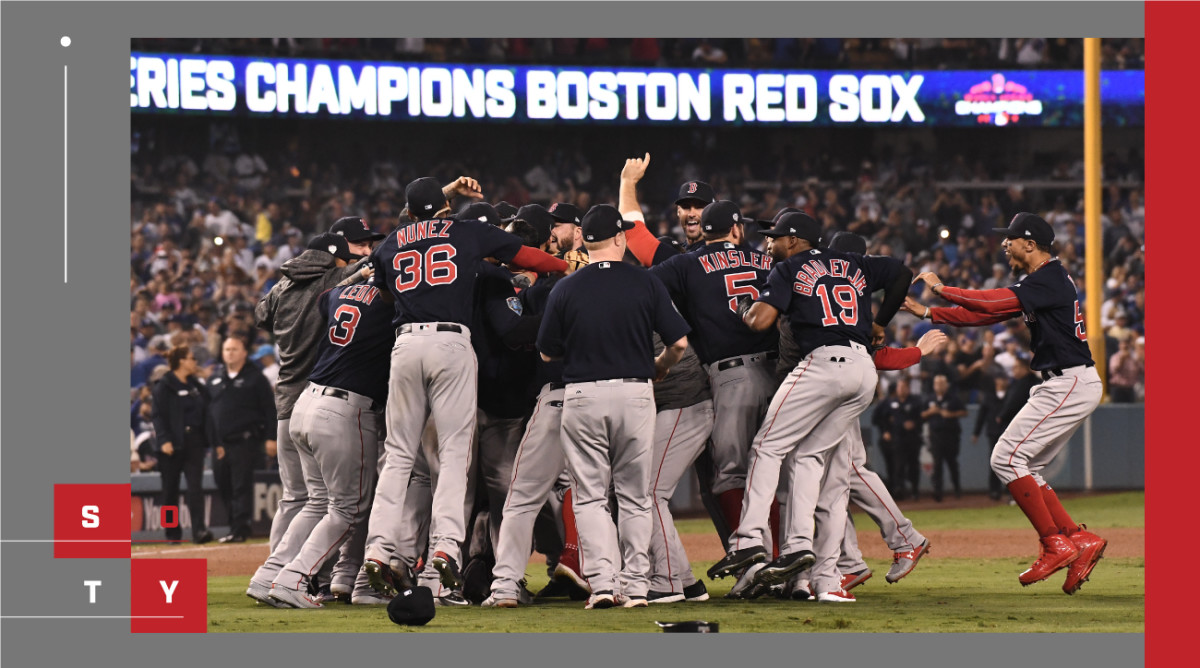
Amaze. Inspire. Surprise. You’ll be hearing those words a lot in the coming weeks—together, they cut to the heart of why we love sports in the first place. So in the days leading up to the naming of SI’s Sportsperson we’ll be looking back and shining a light on the athletes, moments and teams (and one horse) who did one—or all—of those things in 2018. There can be only one Sportsperson. But it has been a year full of deserving candidates.
In a year in which the Red Sox won a franchise record 108 regular season games, then charged through the playoffs to win 11 more and the organization’s ninth title, their most incredible performance actually came in a loss.
The longest game in World Series history stretched 18 innings and seven hours, 20 minutes. It required 561 pitches and 131 plate appearances before, mercifully, Dodgers second baseman Max Muncy launched a ball to left-centerfield to send everyone home. Nathan Eovaldi trudged off the mound after Game 3, having simultaneously taken the defeat and raised his teammates’ spirits. Working on one day’s rest, Eovaldi—a 28-year-old survivor of two Tommy John surgeries who did not pitch in the big leagues until May and who was set to reach free agency for the first time that offseason—delivered six near-perfect innings. His performance saved a depleted pitching staff, but mostly it astonished his teammates. They noted the way he never lost focus for even a single pitch, the way he refused to say he was tired, the way he sacrificed himself for them. And they noted something else: “It took them 18 innings to beat us!” they chirped to each other in a postgame team meeting manager Alex Cora called. That’s when the Red Sox won the World Series, they would say later: in the moment they realized even their losses could boost them.
From the SI Vault: Boston Red Sox Win Sportsperson of the Year Honors in 2004
Each man seemed to have his own redemption story. In September, four players—starting pitchers David Price and Rick Porcello, first baseman Mitch Moreland and second baseman Ian Kinsler—who had previously lost in the World Series made a pact not to let that happen again. Price had entered the clinching Game 5 of the ALCS with a case for the worst starting pitching performance in postseason history—0-9 in 10 starts, with a 6.13 ERA—and left it to applause, having contributed six scoreless innings on short rest. He won Game 2 of the World Series, grabbed two outs in Game 3 and won the clinching Game 5.
DH J.D. Martinez was out to prove everybody wrong: He had been released by the Astros, then revamped his swing and become one of the most feared sluggers in the game. Then he found himself without a job in late February due to a sluggish free-agent market. He had a .923 OPS and three home runs in the playoffs. Closer Craig Kimbrel began tipping his pitches late in the season; after the team found the problem in the ALCS, he held opponents to a .188 batting average and pitched in all but one World Series game. Centerfielder Jackie Bradley Jr. scuffled so badly with the bat this year that he was benched for the better part of a week in the spring while he reworked his swing. He slugged a three-run, tiebreaking double, then a grand slam, to win ALCS MVP. First baseman Steve Pearce, who had once been cut three times in the same season, was the World Series MVP. In the end they rode the duck boats because of how they won—but they only won because of how they lost.
































